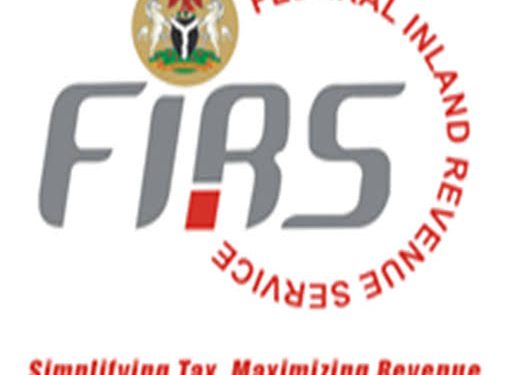The Federal Inland Revenue Service (FIRS) has called on global and national leaders to step up the fight against rising cross-border economic crimes, warning that such practices threaten revenue mobilisation, fair competition, and long-term economic growth.
Speaking at the 42nd Cambridge International Symposium on Economic Crimes in the United Kingdom, FIRS Chairman Zacch Adedeji—represented by Prof. Bolaji Owasanoye—highlighted the dangers of tax evasion, abusive transfer pricing, and illicit financial flows, which he said place compliant businesses, especially SMEs, at a disadvantage.
“Illicit financial practices distort fair competition, undermine trust in institutions, and deny countries the resources needed to deliver development outcomes,” he noted.
Adedeji explained that the administration of President Bola Tinubu is tackling these challenges through sweeping fiscal reforms. In June 2025, four new tax bills were signed into law to modernise Nigeria’s tax framework, close leakages, and align the system with global standards.
He added that FIRS—set to transition into the Nigeria Revenue Service (NRS) in 2026—is prioritising the use of technology-driven compliance tools. These include:
E-invoicing systems to improve transaction transparency
AI-powered analytics for tax risk profiling
A National Tax Data Warehouse to consolidate and monitor taxpayer information
According to Adedeji, these innovations will make it easier for businesses to comply while making tax evasion significantly harder. He stressed that reforms are not only about boosting revenue collection but also about leveling the playing field for Nigerian entrepreneurs.
He reiterated FIRS’s commitment to working with international organisations and peer countries to address cross-border financial crimes that drain national resources and stifle inclusive growth.










